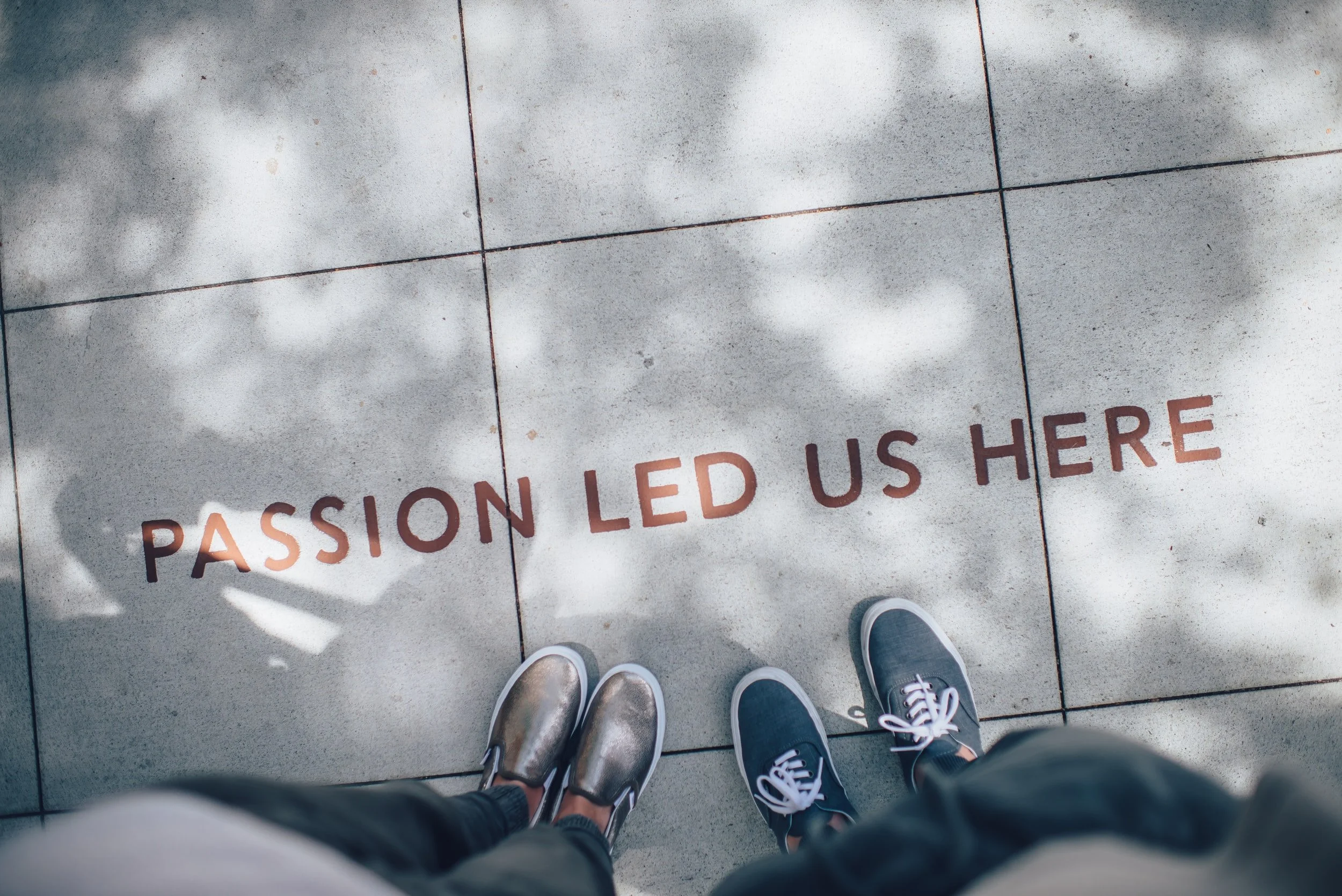Values and Principles
Values
LCYC’s core values reflect the foundational qualities and ideas we seek to realize as individuals and as a team, striving to advance our mission.
LCYC’s core values are:
Youth Agency and Power
Equity
Anti-Racism
Community
Innovation
Principles
LCYC’s principles, informed by our values, serve as a compass guiding our engagement with young people and community partners. These principles demand vigilance in addressing racism and other forms of discrimination and promote an organizational culture that sustains zealous advocates for justice.
LCYC’s principles influence ongoing program design and priority setting for our direct and systemic advocacy work.
-
Young people have equal status and dignity as members of the human family, and they have specific rights that recognize their unique needs. Young people are neither the possessions of parents nor of the state; they are not mere people-in-the-making.
-
Lawyers for young people need to understand the nonlegal needs of the young people they are serving and the available resources to meet those needs. Lawyers do not have all the answers and are rarely the experts. Strong community partnerships are instrumental in holistically supporting youth and advancing positive change.
-
Young people have the right to self-determination—they should be heard and believed. Young people are valued partners whose expertise should shape their own futures. The expertise of young people should also shape programs and systems that are intended to effectively respond to and meet their needs.
-
LCYC is committed to continual learning, asking questions, seeking feedback, and fostering innovation, to continually improve and expand access to justice for young people.
-
LCYC attorneys have a duty of confidentiality, honesty, and zealous advocacy to youth we advise or represent. LCYC attorneys help youth to understand their legal rights and options, but youth set the goals and direct the representation. LCYC also has a responsibility to ensure our legal services are accessible to and supportive of youth harmed by racism and other forms of discrimination and oppression.
-
Racism exists. Black, Brown, Indigenous, and other youth of color are consistently, constantly, and unfairly persecuted by all public and legal systems. Individual and institutional bias, microaggressions, implicit bias, and racist practices and policies all contribute to the continued exclusion of youth of color, regardless of the intention. Addressing these issues requires specificity in how we will support young people of color.
-
Ongoing conversations, self-reflection, advocacy, and proactive systemic upheaval is necessary to eradicate racism. Failure to address racism in ourselves, our organizations, and institutions is to be complicit in the perpetuation of violence.
-
— including, but not limited, to diversity on the bench, among civil legal aid advocates, in leadership positions, in schools, nonprofits, community organizations, and all other spheres touching the lives of youth and families. Youth and families are best served by a diverse team of advocates and community partners, reflective and understanding of their personal experiences and identities—cultural, ethnic, racial, sexual orientation, gender, and more.
-
Our programs and systemic advocacy must understand and respond to the unique challenges faced by different groups of youth.
• Black youth have a right to live and thrive free of the anti-Black racism inherent throughout our country’s history and ingrained in our public and legal systems and current practices and policies.
• Immigrant youth and families have a right to human dignity and safety regardless of where they were born. Status has no bearing on humanity.
• Native and Indigenous youth have a right to be seen and heard. We acknowledge that we are on the stolen land of the Coast Salish, Duwamish, Stillaguamish, and Suquamish people. Native and Indigenous youth, who have been systematically removed from their families, communities and cultures throughout our history are entitled to respect and support regardless of tribal membership or heritage.
• LGBTQIA+ young people have a right to respect and support. Every young person has the right to acknowledge, declare, and live authentically according to their personal identity—including their sexual orientation, gender identity, and gender expression—without harm, judgment, dismissal, or coercion to change. -
LCYC intentionally cultivates community among staff, building a team of creative, flexible, trailblazing attorneys to disrupt the status quo and systemic oppression together.
-
Secondary trauma is caused when indirectly exposed to another’s trauma and can impact both work and personal life. It is important to prioritize taking care of yourself and seeking support, when needed.

